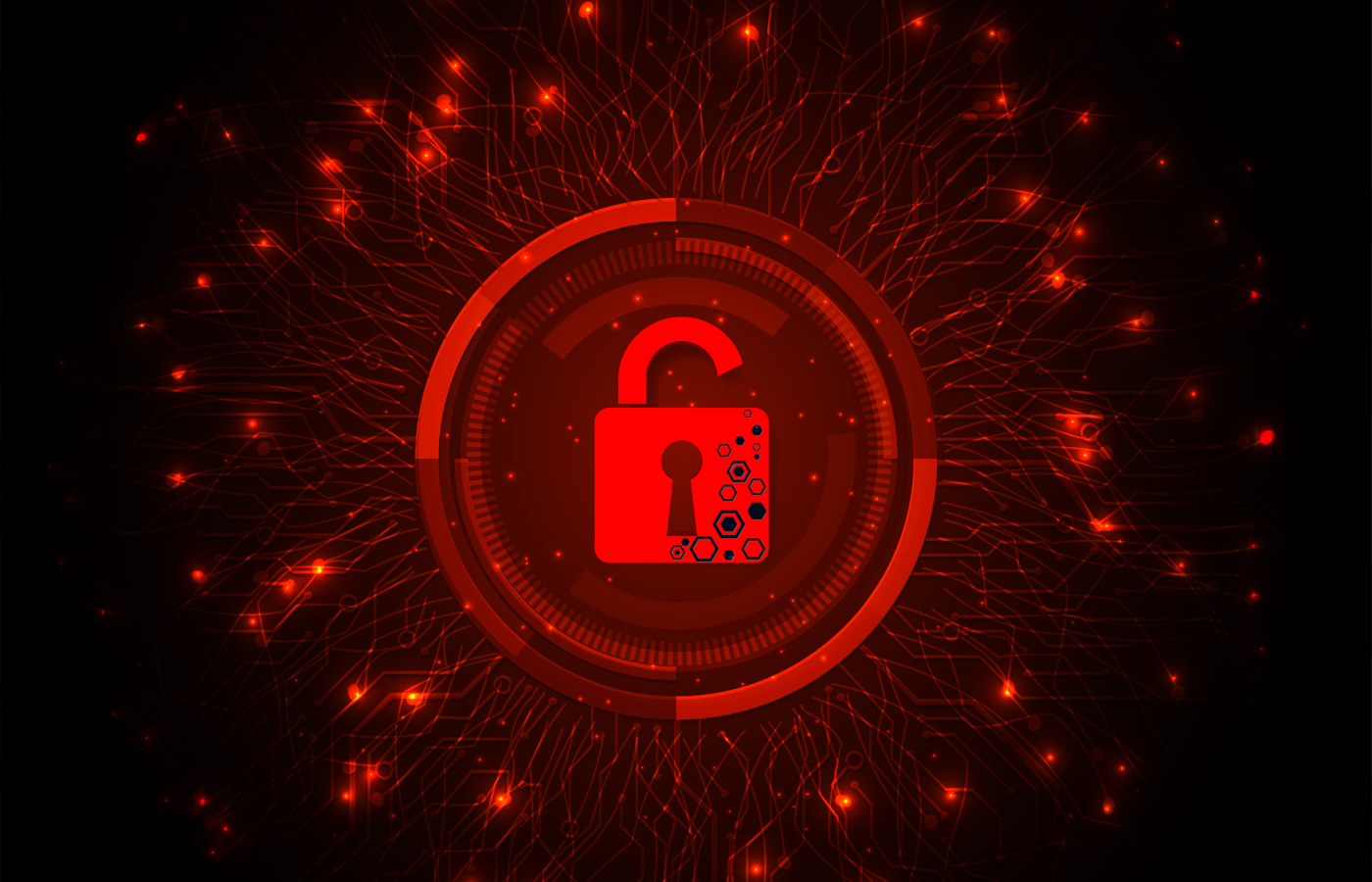Two of the most popular methods for protecting business data are tokenization and encryption. However, choosing the one that is the best for your company requires you to consider factors like company size, security goals, cost, and your comfort level with each choice. Whichever you choose, your ultimate goal should be finding the best option to protect your company’s data and reputation—especially during a time when valuable data and information is being shared and exposed online more frequently.
Contents:
- What is tokenization?
- Advantages of tokenization
- Disadvantages of tokenization
- Tokenization software vendors
- What is encryption?
- Advantages of encryption
- Disadvantages of encryption
- Encryption software vendors
- Which technique is right for your organization?
What is tokenization?
Tokenization is the process of substituting a token (or data that does not have any significant value) for actual information. Tokens are randomly pulled from a database called a token vault to replace the real data.
An example of this process sometimes occurs when an online business accepts payment from a customer. Suppose the transaction takes place using a third-party site like PayPal or Shopify. In that case, the third party site may disguise the credit card number with other characters (tokens) to protect the customer’s information. The business can only see the tokenized information and does not have access to the actual card number.
Advantages of tokenization
First and foremost, tokenization means that your data isn’t necessarily compromised if a breach occurs. Statista reported 540 data breaches in the first half of 2020, so it’s clear that these threats are nothing to take lightly. Thankfully, organizations that implement tokenization have a failsafe: Instead of gaining access to the sensitive data, hackers can only see the useless tokens.
Similarly, tokenization reduces the in-house responsibility of managing sensitive data. When you and your company decide to collect consumer data, you’re responsible for ensuring its protection. Tokenization software allows you to store data in a third-party database. As a result, your organization isn’t required to maintain the staff and resources needed to manage sensitive data.
Though tokenization doesn’t eliminate PCI-DSS and other compliance requirements, storing tokens instead of vulnerable data can reduce your team’s efforts to remain compliant. In fact, tokenization will likely simplify the software tools and tasks needed to prove compliance, which will save you valuable time and money.
Disadvantages of tokenization
Like most security measures, the tokenization process adds complexity to your IT infrastructure. For example, the steps your business’s ecommerce platform takes to facilitate a transaction becomes a bit more complicated thanks to tokenization. The customer’s billing information must go through detokenization and retokenization systems so it stays protected while it’s being authorized.
Before you can even accept transactions, however, you may find that your preferred payment processor does not support tokenization.Tokenization is still only supported by a limited number of payment processors, so you may have to go with a payment processing tool that may not be your first choice.
Plus, tokenization doesn’t eliminate all security risks, especially where third-party token vaults are concerned. While storing data offsite simplifies many aspects of data security, it also means you need to ensure the vendor you choose has appropriate systems in place to protect your data.
Recommended: Top Endpoint Detection and Response Security Solutions
Tokenization software vendors
Tokenization is still an emerging data security tool, but there are many products available that support it.
- TokenEx offers traditional vault tokenization that integrates with all payment processor tools. It offers a significant degree of flexibility and empowers you to create, validate, or delete tokens as you see fit. It also allows you to tokenize data in various database and architecture types, including ERPs, CRMs, and ESBs.
- Thales Ciphertrust also offers vaulted tokenization, with the option to go vaultless. This comes in the form of dynamic data masking, where administrators can establish policies to mask part of a field based on who is using and visualizing the data.
- Alternatively, data and payment security companies Bluefin and Imperva primarily offer vaultless tokenization options that use tokenization algorithms blended with encryption tactics. They seek to eliminate the need for token vaults, effectively reducing latency issues that traditional vaulted tokenization creates.
What is encryption?
Encryption is a system that uses mathematical algorithms to turn sensitive data into non-readable information called ciphertext. An algorithm and encryption key are required to make the text readable again.
Following the tokenization example, let’s say the same company collects the mailing addresses of its customers. Through encryption, the company can use ciphertext to protect the information so that it’s only accessible by using an encryption key. Depending on whether the company chooses to use file based encryption (FBE) or full disk encryption (FDE), the encryption key may be the same for the whole database of addresses or unique to each individual address.
Recommended: Disk vs File Encryption: Which Is Best for You?
Advantages of encryption
Encryption can be used to protect a variety of data types. In addition to things like credit card information or social security numbers, encryption can protect unstructured data such as files or emails (unlike tokenization). It’s well suited to safeguard entire documents, whereas tokenization is mostly for smaller pieces of data like account numbers. If you were to try to tokenize large pieces of information, it would likely create latency issues and prove to be ineffective.
Encryption also allows you to share decryption keys with others or access files remotely without creating security vulnerabilities. With tokenization, you would need to find a way to securely share the original information so they can decipher the token. With encryption, however, all that is required is the key.
Encryption processes are usually quicker than tokenization, too. Tokenization takes much longer because each character or number is changed to a random character. Encryption uses algorithms to secure data, which takes less time than the entirety of the tokenization process regardless of the size of your database.
Disadvantages of encryption
First, all hackers need to access protected information is the decryption key. Unlike tokenization, where a set of random tokens protects the values, data is encrypted using a single key. If hackers gain access to that key, everything it encrypts is vulnerable. This could include the whole database or only a single file, depending on whether the encryption is file-based or full disk. Regardless, the security risks posed with a compromised encryption key sometimes outweigh the benefits.
Encryption can also hinder software functionality. The ciphertext used in encryption may not be compatible with other software tools, so the functionality and value of those applications may be hindered. Depending on the encryption software you choose, you may be limited to a select number of vendors for your other software requirements.
Additionally, many of the recent newsworthy information breaches involved systems that were protected by database encryption but lacked additional security measures like multi-factor authentication. These extra layers of security are required to ensure your encryption keys are protected, but they also mean your time and resources need to stretch that much further.
Encryption software vendors
There are numerous encryption software options to choose from when you start looking at encryption options.
- Bitlocker and McAfee are two of the most popular options. Bitlocker integrates with Windows operating systems to ward off data breaches and identity theft. Alternatively, McAfee has full disk encryption that promotes encryption among endpoints, so your end users are protected without risking system slowdowns.
- AxCrypt is another encryption tool that promotes cloud management to store data and information securely. AxCrypt features that enable users to securely share encryption keys, manage passwords, and handle encryption on-the-go.
- For macOS users, FileVault is an encryption app that encrypts the entire startup disk. This one would likely be an ideal solution if your company uses Macs and you need a reliable option for your teams to secure their computers and data.
Recommended: Top Encryption Tools and Software
Which technique is right for your organization?
When it comes to selecting the best data security technique for your organization, the options that you have to weigh are things like:
- Security risks: What type of industry are you in? Is your company prone to attacks?
- Data protection needs: Are you trying to protect numbers like credit cards and account numbers (tokenization) or entire databases (encryption)?
- Cost: How much does your IT team have budgeted for programs associated with tokenization and encryption?
- Compliance: Will one option make it easier for your organization to comply with data security policies over the other?
- Company size: How does tokenization or encryption benefit your company based on its size and customer base?
You may decide that you don’t have the means to store sensitive data, so tokenization makes the most sense. Or, perhaps encryption is the way to go since it’s easier to share decryption keys. Regardless of what you choose, making the best choice can be the difference between protecting valuable information and exposing your company’s security vulnerabilities.
Recommended: Data Loss Prevention (DLP): Keeping Sensitive Data Safe from Leaks






